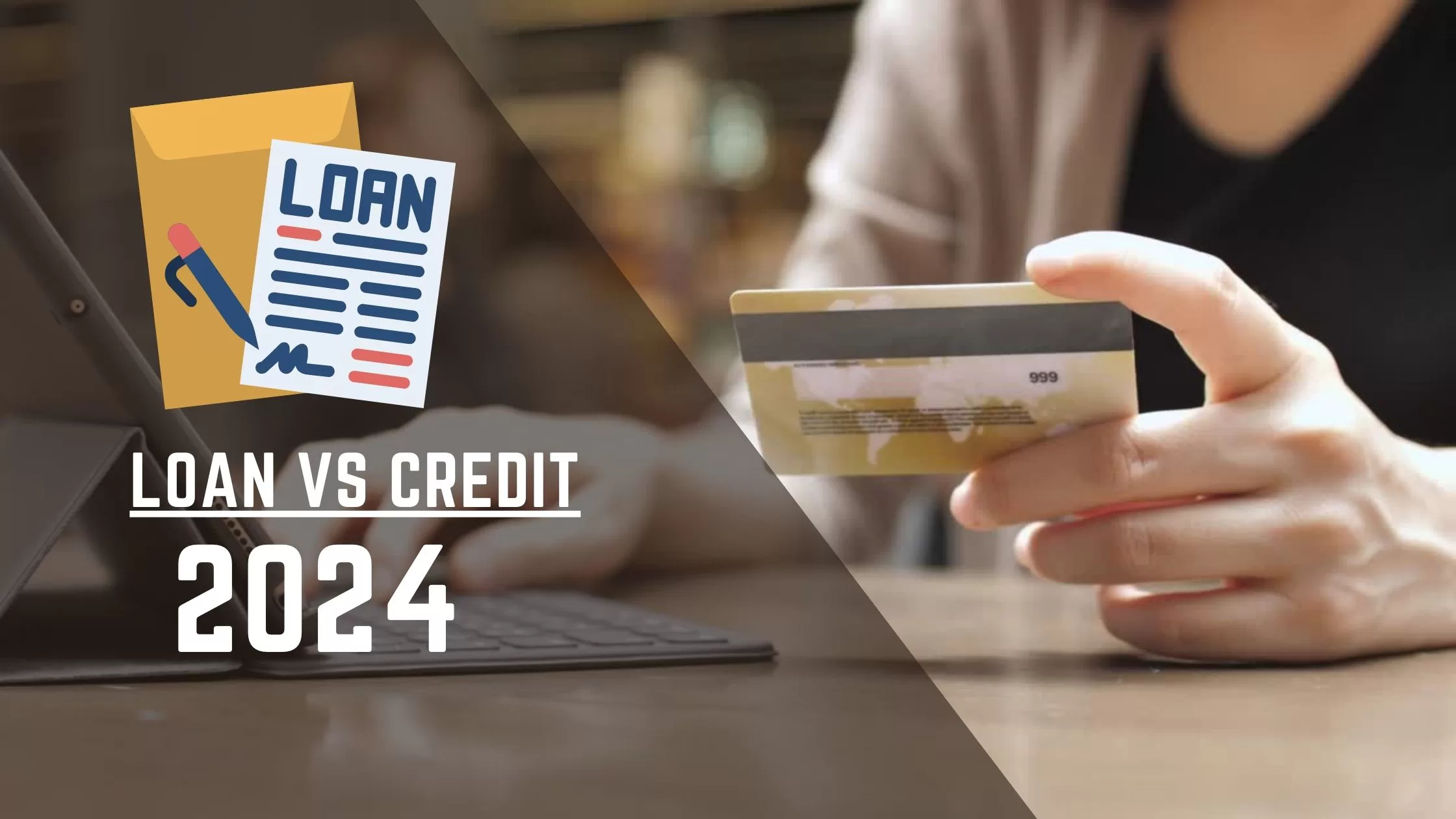Overview
In the turbulent seas of personal finance, two common vessels stand out: personal loans and credit cards. Each offers a lifeline during times of financial need, but understanding when to board which ship can mean the difference between smooth sailing and stormy seas. Let’s embark on a journey to explore the strategies for managing these financial tools wisely.

The Tale of Two Debts
Before we weigh anchor, it’s crucial to understand the fundamental differences between personal loans and credit card debt. Personal loans are typically lump-sum amounts borrowed from a financial institution, repaid over a fixed term with a set interest rate. On the other hand, credit card debt involves making purchases with a line of credit, with the option to pay off the balance over time, albeit with variable interest rates.
The Swift Current of Interest Rates
One of the key considerations in choosing between these two financial instruments is the interest rate. Personal loans often offer lower interest rates compared to credit cards, making them an attractive option for consolidating high-interest debt or financing large purchases. By opting for a personal loan, borrowers can potentially save a significant amount on interest payments over time, providing a smoother financial voyage.
Charting a Course for Financial Freedom
When it comes to financial management, having a clear strategy is paramount. For those grappling with multiple high-interest debts, consolidating them into a single personal loan can streamline repayment efforts. This approach not only simplifies monthly budgeting but also reduces the overall interest burden, allowing borrowers to chart a course towards debt-free waters more efficiently.
Navigating Choppy Waters: Credit Card Debt
Despite their convenience, credit cards can be a double-edged sword, especially when mismanaged. With their revolving credit structure and often sky-high interest rates, credit card debts can quickly spiral out of control if left unchecked. To avoid getting caught in this financial tempest, it’s essential to pay more than the minimum monthly payment and, ideally, settle the balance in full each month to prevent interest from accruing.
Sailing Towards Financial Stability: Personal Loans
In contrast, personal loans offer a more structured approach to borrowing, making them an invaluable tool for achieving financial stability. Whether it’s funding home renovations, consolidating debts, or covering unexpected expenses, personal loans provide a lifeline with fixed monthly payments and a clear repayment timeline. By leveraging personal loans responsibly, individuals can navigate through rough financial waters with confidence.
Hoisting the Sails: Choosing the Right Option
When faced with the decision between personal loans and credit card debt, it’s crucial to weigh the pros and cons carefully. While credit cards offer flexibility and convenience, they can also lead to a cycle of debt if not managed responsibly. On the other hand, personal loans provide a structured solution with lower interest rates, making them a preferred choice for certain financial needs.
Plotting a Course for Success
Ultimately, the key to effective financial management lies in understanding one’s financial situation and choosing the right tool for the job. Whether it’s harnessing the power of personal loans to consolidate debt or mastering the art of responsible credit card usage, every financial decision shapes the course of our financial journey. By adopting sound strategies and staying vigilant, we can navigate the seas of personal finance with confidence and chart a course towards a brighter financial future.
The Tale of Two Debts
Before setting sail, it’s essential to understand the core differences between personal loans and credit card debt. Personal loans are typically lump-sum amounts borrowed from a financial institution, repaid over a fixed term with a set interest rate. In contrast, credit card debt involves making purchases with a line of credit, offering the option to pay off the balance over time with variable interest rates.
The Swift Current of Interest Rates
One of the most crucial factors in choosing between these financial instruments is the interest rate. Personal loans often come with lower interest rates compared to credit cards, making them an attractive option for consolidating high-interest debt or financing large purchases. By opting for a personal loan, borrowers can potentially save a significant amount on interest payments over time, ensuring a smoother financial journey.
Charting a Course for Financial Freedom
Effective financial management requires a clear strategy. For those dealing with multiple high-interest debts, consolidating them into a single personal loan can streamline repayment efforts. This approach not only simplifies monthly budgeting but also reduces the overall interest burden, enabling borrowers to move towards debt-free waters more efficiently.
Navigating Choppy Waters: Credit Card Debt
While convenient, credit cards can be a double-edged sword when mismanaged. With their revolving credit structure and often high-interest rates, credit card debts can quickly spiral out of control if not monitored carefully. To avoid this financial tempest, it’s vital to pay more than the minimum monthly payment and, ideally, settle the balance in full each month to prevent interest from accumulating.
Sailing Towards Financial Stability: Personal Loans
In contrast, personal loans offer a more structured approach to borrowing, making them a valuable tool for achieving financial stability. Whether it’s funding home renovations, consolidating debts, or covering unexpected expenses, personal loans provide a lifeline with fixed monthly payments and a clear repayment timeline. By leveraging personal loans responsibly, individuals can navigate through rough financial waters with confidence.
Hoisting the Sails: Choosing the Right Option
When deciding between personal loans and credit card debt, it’s crucial to weigh the pros and cons carefully. While credit cards offer flexibility and convenience, they can also lead to a cycle of debt if not managed responsibly. On the other hand, personal loans provide a structured solution with lower interest rates, making them a preferred choice for certain financial needs.
Plotting a Course for Success
Effective financial management lies in understanding one’s financial situation and choosing the right tool for the job. Whether harnessing the power of personal loans to consolidate debt or mastering the art of responsible credit card usage, every financial decision shapes the course of our financial journey. By adopting sound strategies and staying vigilant, we can navigate the seas of personal finance with confidence and chart a course towards a brighter financial future.
